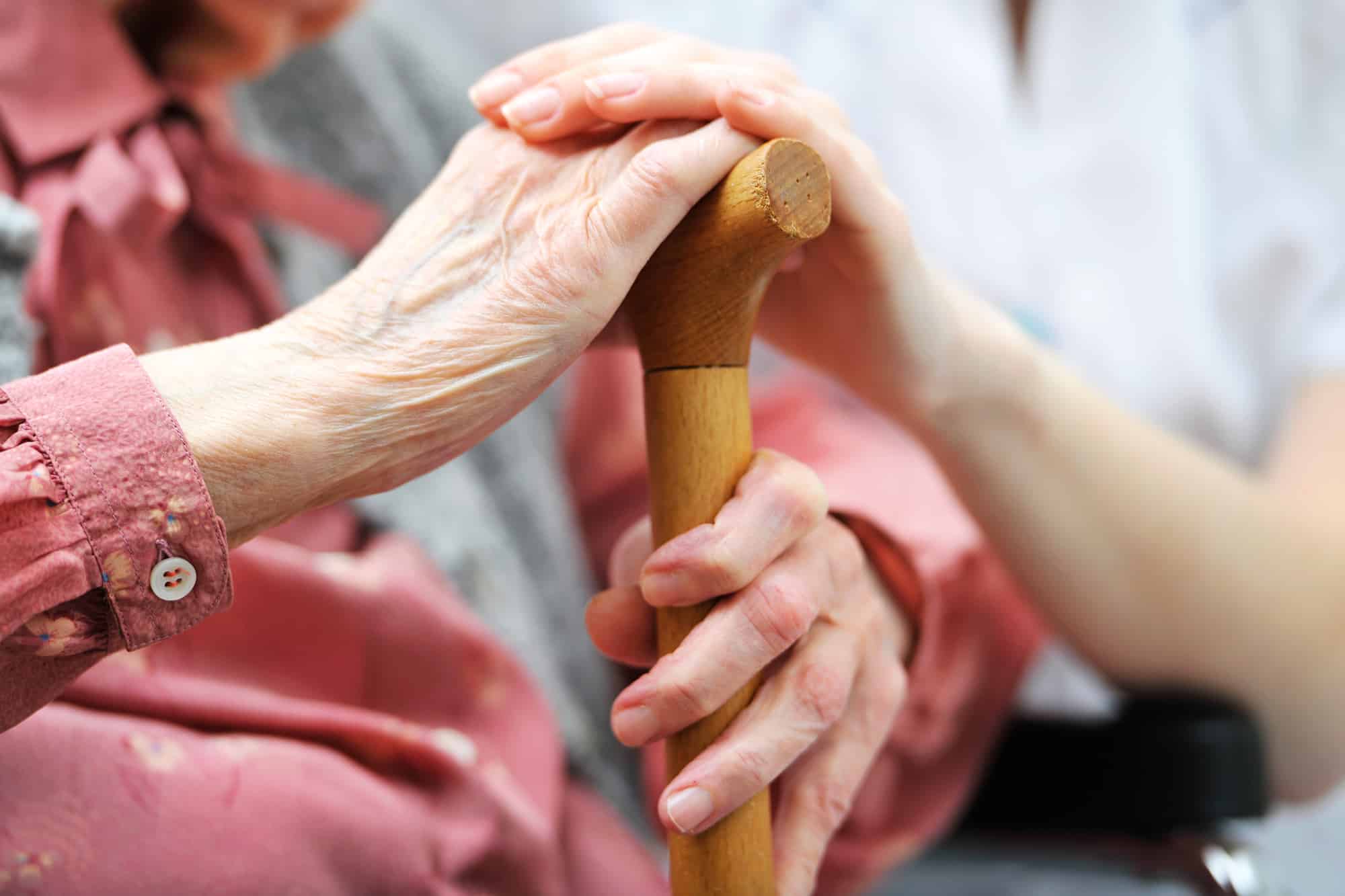Elder Home Care Orlando: Specialist Care Solutions for Aging Grownups
Trick Considerations for Households When Selecting Appropriate Elder Treatment Solutions for Their Aging Loved Ones
Choosing suitable senior care solutions for maturing relatives is a nuanced process that requires careful consideration of numerous aspects. The examination of readily available care optionsâEUR" ranging from in-home assistance to specialized facilitiesâEUR" has to be balanced with an understanding of economic implications and safety and security issues.
Assessing Individual Needs

In addition, psychological and social needs play a substantial role in the wellness of seniors. An evaluation needs to think about the person's need for social interaction, leisure activities, and support group. Household characteristics and the schedule of informal caregivers need to also be factored into the formula, as they can affect the sort of treatment that is most ideal.
Assessing Treatment Options

At home treatment supplies the advantage of familiar environments and personalized interest, which can boost comfort and emotional health. Conversely, helped living centers provide an organized setting with access to on-site healthcare and social activities, promoting area engagement. Assisted living facility satisfy those requiring intensive clinical guidance, while grown-up daycare programs enable elders to take part in social activities throughout the day, giving respite for family caregivers.
It is vital to assess the staff certifications, center licensing, and readily available solutions in each option. Furthermore, family members should seek comments from present citizens or clients and examine the total reputation of the treatment suppliers. Inevitably, selecting the best care option is a pivotal choice that needs to mirror a balance between the senior's needs, safety, and quality of life.
Understanding Costs and Budget Plan
Navigating the monetary landscape of senior treatment can be intricate, as numerous alternatives featured varying expenses that can substantially affect a household's budget. Recognizing these prices is crucial for households to make educated decisions regarding treatment for their aging loved ones.
Typical elderly care remedies consist of at home care, helped living centers, and nursing homes, each with its own rates structure. In-home treatment generally bills by the hour, while assisted living commonly involves regular monthly lease plus additional service charges.
Developing a comprehensive budget plan that details anticipated costs can assist households recognize the most ideal treatment remedy while guaranteeing they continue to be within their economic methods. By adequately understanding the prices linked with each alternative, family members can much better navigate this important element of senior treatment planning.
Ensuring Safety and Safety And Security
Guaranteeing the security and security of elders is critical in any treatment setting, as their vulnerability often needs increased focus and protective actions. Households should analyze the physical atmosphere of potential treatment centers, trying to find features such as safe entryways, well-lit hallways, and obtainable fire escape. Additionally, the visibility of safety tools, such as grab bars and non-slip flooring, can dramatically decrease the danger of accidents.
Background checks on personnel additionally guarantee that locals are cared for by credible individuals. Keeping an eye on systems, individual emergency situation reaction systems (PERS), and drop discovery gadgets supply tranquility of mind for households and instant help for elders.
Last but not least, open interaction networks in between households and care suppliers are crucial. Normal updates regarding the well-being of elders, in addition to a clear method to care plans, can foster click to investigate count on and make certain that safety and security stays a central focus in the treatment supplied. By prioritizing these aspects, family members can make educated decisions that safeguard their aging relatives.
Involving Family Members in Decision-Making

Families should begin by honestly communicating about the different treatment remedies readily available, such as at home treatment, helped living, or nursing facilities. It is vital to evaluate the particular requirements of the aging relative, including clinical requirements, wheelchair, and social interaction. By involving all appropriate member of the family, various point of views and insights can be gathered, bring about more educated decisions.
Additionally, family members participation helps in identifying possible caretakers and developing a support network. Regular family members meetings can facilitate recurring discussions and adjustments as demands alter, allowing family members to stay receptive to the progressing situations of their liked one. Ultimately, a joint decision-making process urges a sense of common obligation and ensures that the chosen care remedy aligns with the family members's vision for their aging family member's health and dignity.
Verdict
To conclude, picking suitable elderly care options necessitates an extensive evaluation of private needs, offered treatment options, and connected prices. Prioritizing safety and security within the living environment and cultivating family involvement in decision-making procedures further improves the read performance of care. By lining up treatment choices with the aging family member's clinical history, emotional demands, and individual choices, families can create a helpful network that advertises health and dignified living for their liked ones in their look at more info later years.